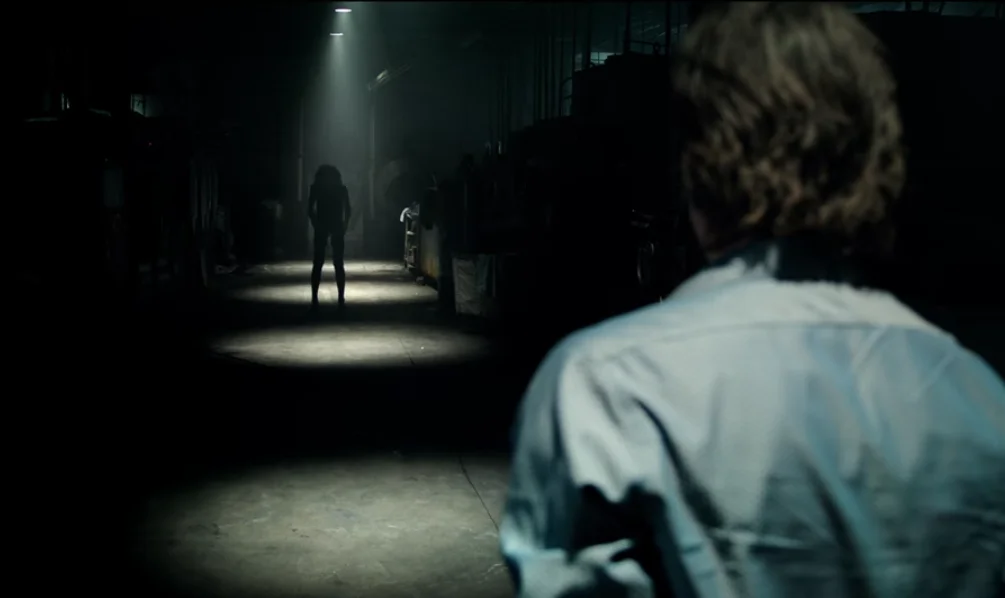The Dark Ages, a period of European history spanning from the 5th to the 15th century, was marked by a series of horrifying events that continue to capture the imaginations of people today.
From deadly pandemics to brutal wars, the Dark Ages were a time of great suffering and fear. These events had a profound impact on European and world history, shaping the political, social, and cultural landscape of the time and leaving a lasting legacy that can still be felt today.
In this article, we will explore each of these events in more detail and examine their lasting impact on the world.
The Black Death
The Black Death, also known as the Bubonic Plague, swept across Europe in the mid-14th century, killing an estimated 25 million people. The disease was caused by the Yersinia pestis bacteria and was spread by fleas that infested rats. The symptoms of the disease included fever, vomiting, and painful swellings (called buboes) on the body. The rapid spread of the disease was aided by the poor sanitation and hygiene practices of the time. The Black Death had a profound impact on Europe, causing widespread panic, social upheaval, and economic collapse.
The Great Famine
The Great Famine was a period of extreme food shortage in Europe that lasted from 1315 to 1317. The famine was caused by a combination of factors, including poor harvests, bad weather, and the effects of the Little Ice Age (a period of global cooling that lasted from the 13th to the 19th century). The famine caused widespread starvation and disease, leading to the deaths of millions of people, particularly the poor and marginalized. The Great Famine had a significant impact on European society, leading to social unrest and political upheaval.
The Viking Raids
Beginning in the late 8th century, Viking raiders began terrorizing coastal communities across Europe. The Vikings were a seafaring people from Scandinavia who were known for their plundering and raiding. They targeted monasteries and churches, where they could find valuable treasures, as well as coastal towns and villages, where they could capture slaves and goods. The Viking raids had a significant impact on European history, leading to the formation of new kingdoms and the rise of the feudal system.
The Crusades
The Crusades were a series of religious wars fought between Christians and Muslims in the Middle East between the 11th and 13th centuries. The Crusades were launched in response to the Muslim conquest of the Holy Land (modern-day Israel) and were intended to recapture it for Christianity. The Crusades resulted in countless deaths and atrocities on both sides, including the sacking of Jerusalem and the massacre of its inhabitants. The Crusades had a profound impact on European and Middle Eastern history, shaping the political, social, and religious landscape of the region.
The Spanish Inquisition
The Spanish Inquisition was a period of religious persecution in Spain that lasted from the 15th to the 19th century. The Inquisition was established by the Catholic Church to root out heresy and enforce religious conformity. Thousands of people were tortured and executed for their beliefs, often under false accusations. The Inquisition had a profound impact on Spanish society, creating a culture of fear and suspicion that lasted for centuries.
The Witch Hunts
Beginning in the 15th century, widespread hysteria and fear of witches swept across Europe. The witch hunts were fueled by superstition, religious fanaticism, and misogyny, and led to the torture and execution of thousands of people (mostly women) accused of practicing witchcraft. The witch hunts had a profound impact on European society, creating a culture of fear and distrust that lasted for centuries.
The Hundred Years’ War
The Hundred Years’ War was a long and bloody conflict between England and France that lasted from 1337 to 1453. The war was fought over territorial disputes and succession rights, and caused immense destruction and loss of life, including the deaths of several important historical figures.




